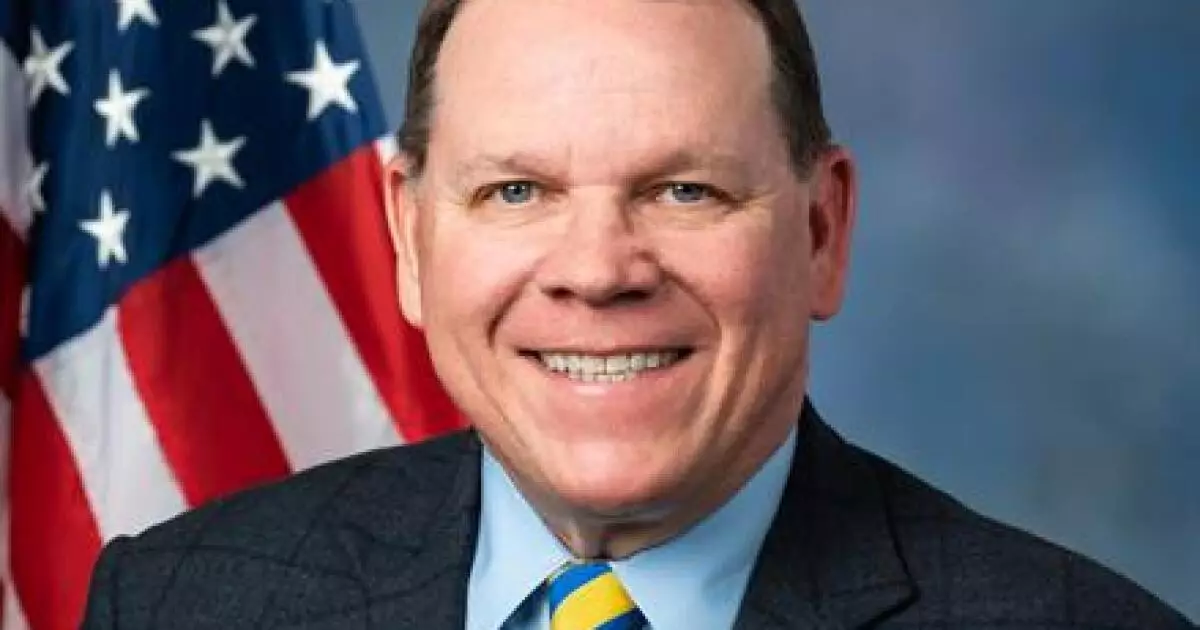The House Committee on Transportation and Infrastructure is pressing the Department of Transportation for explanations regarding the seemingly slow progress of infrastructure spending. Despite the Department receiving over $364 billion since the enactment of the Infrastructure Investment and Jobs Act (IIJA), concerns have been raised about the allocation of funds. Committee Chair Rep. Sam Graves highlighted that only half of the funds have been obligated and a mere 27% have been disbursed. This discrepancy has sparked discussions and scrutiny, leading to a recent committee hearing where Secretary Pete Buttigieg provided his perspective on the situation.
Secretary Buttigieg offered a contrasting viewpoint from Rep. Graves, stating that the funds distribution is on track, considering the five-year authorization period. He mentioned that approximately half of the available funding has been utilized, defending the Department’s progress. Additionally, Buttigieg acknowledged the potential complexities in accessing and utilizing these funds, especially for rural and tribal communities. He expressed the need for enhancing technical support to grant sponsors and streamlining the process to alleviate any challenges faced by stakeholders.
An aspect of the discussion delved into the dynamic between the Highway Trust Fund and electric vehicles that do not contribute to it through the federal gasoline tax. Several states have taken individual measures to address the shortfall in revenue, such as increasing gas taxes and linking rates to inflation. However, a uniform federal solution remains elusive. Secretary Buttigieg emphasized the impending decision Congress will have to make regarding the financing of roads in the future. The user-pays principle and alternative funding mechanisms are poised to be central considerations in the 2026 reauthorization process.
Innovative suggestions, such as a toll credit exchange market, have been put forth as potential solutions to enhance funding flexibility across state lines. Rep. Chris Pappas introduced the concept of leveraging toll credits to support federally funded projects and proposed a mechanism for states to trade surplus credits. Secretary Buttigieg acknowledged the merits of this proposal and highlighted the progress made by the Federal Highway Administration in this area. Such novel approaches aim to optimize resources and promote efficient infrastructure financing strategies.
Recently, the Department of Transportation unveiled $1.8 billion in grants through the Rebuilding American Infrastructure with Sustainability and Equity program for numerous projects nationwide. Secretary Buttigieg emphasized the decentralized nature of project selection, emphasizing that the initiatives were not conceived solely at the Department’s headquarters. This decentralized approach underscores the diversity and breadth of infrastructure projects receiving funding, reflecting a commitment to sustainability and equity in infrastructure development.
Overall, the ongoing dialogue between the House Committee on Transportation and Infrastructure and the Department of Transportation underscores the critical need for expediency and efficacy in infrastructure spending. As the nation grapples with evolving transportation needs and funding challenges, innovative solutions and collaborative efforts are essential to drive impactful and sustainable infrastructure development.

